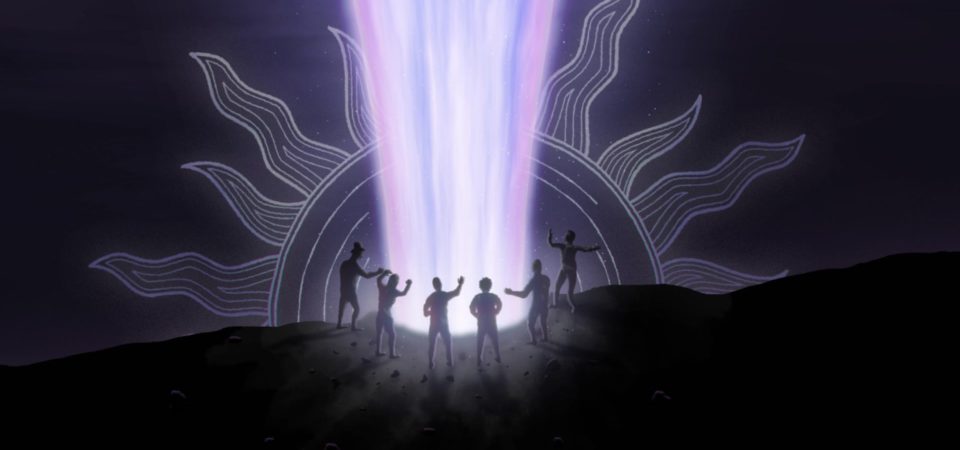Item Link: Access the Resource
Date of Publication: November 1
Year of Publication: 2023
Publisher: The Great Simplification
Author(s): Nate Hagens
In this episode, Nate is joined by ‘permaculture’ author and educator David Holmgren to discuss his experience within the movement and what it might look like for more systems to be designed using permaculture in the future. While often thought to be an agricultural tool, permaculture thinking is meant for designing human systems to be embedded in nature – an important principle for a future where societies will need to re-synchronize with natural flows. What does it mean for permaculture design to ‘scale up’, and how is it different from how we usually think about growing a system? How will permaculture design change as we move through different phases of resource availability? More importantly, how can the ‘small and slow’ foundation of permaculture help human societies adapt to a lower throughput future as we navigate The Great Simplification?
About David Holmgren
David Holmgren is best known as the co-originator of permaculture. In 1978, he and Bill Mollison published Permaculture One, starting the global permaculture movement. Since then, David has developed three properties, consulted and supervised urban and rural projects, written eight more books, and presented lectures, workshops, and courses in Australia and around the world. His writings over those three decades span a diversity of subjects and issues, whilst always illuminating aspects of permaculture thinking and living.
Holmgren Design would like to offer a discount on RetroSuburbia to The Great Simplification listeners. Get a 20% discount on RetroSuburbia plus a free copy of Our Street for the month of November by using code: Nate at this link: http://retrosuburbia.com/nate
The views and opinions expressed through the MAHB Website are those of the contributing authors and do not necessarily reflect an official position of the MAHB. The MAHB aims to share a range of perspectives and welcomes the discussions that they prompt.
